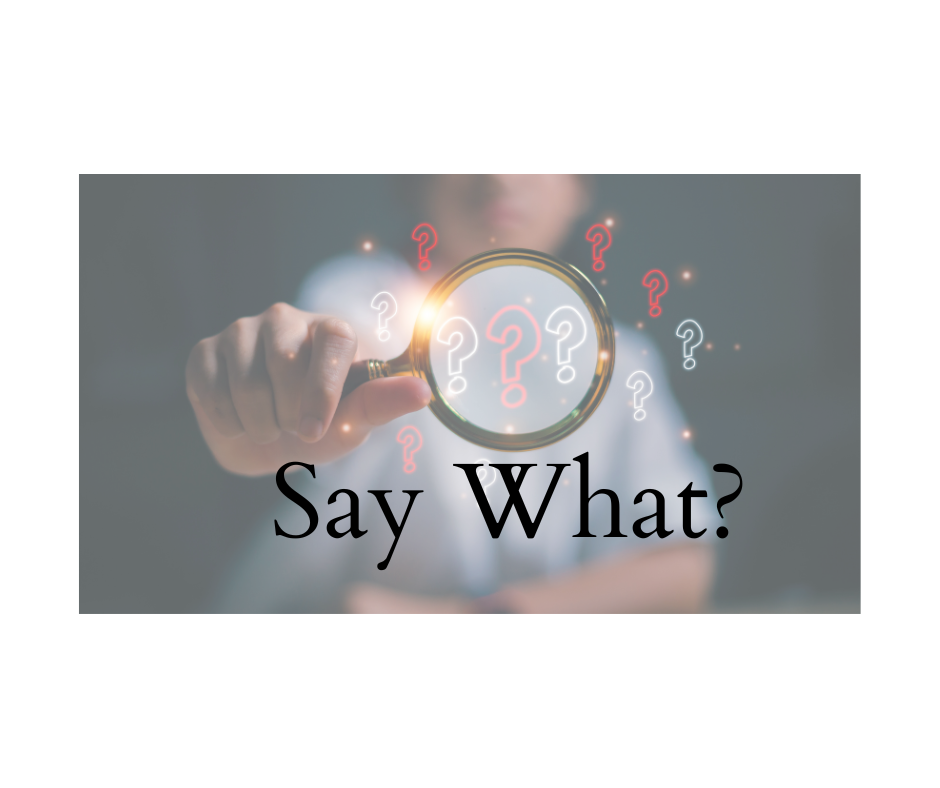Are You Appositive about This?
Appositives are grammatical elements that may be restrictive or nonrestrictive in a sentence. Not positive you know what an appositive is? It’s a noun or noun phrase that renames or restates the noun it follows.
- Betty’s husband, Daniel, rushed to her side when she collapsed.
In this sentence Daniel is the appositive. It renames Betty’s husband. It’s not essential to the meaning of the sentence to know his name, so it’s set off in commas. We assume Betty only has one husband.
- Betty’s daughter Danielle learned of her mother’s hospitalization via Facebook.
If we were to omit Danielle from this sentence, it would indicate that Betty has only one daughter. By making it a restrictive element (no commas) it tells us that Betty has more than one daughter, and she learned about her mother’s health via social media.
- The doctor, who was a family friend, treated Betty using the latest medical technology.
Who was a family friend is a noun phrase that also names the doctor. It provides additional but not essential information about the doctor. Take that phrase out and the intent of the sentence is clear.
Nonrestrictive elements can also be parenthetical, which is another way of saying this is interesting but not necessary information. Note the nonessential elements in these sentences and their punctuation:
- Gift bags, virtually unheard of twenty years ago, are a great solution for hard-to-wrap gifts.
- My headaches, brought on by too many hours in front of a computer, usually improve following a massage.
Commas are clues that the information between them could be removed without changing the meaning of the sentence. Let that be your guide for when you’re confused about whether to comma or not.








Good tidbit. But what about em dashes? I find myself using them more and more. Provides a nice visual break in a sentence. e.g. …
My headaches—brought on by too many hours in front of a computer—usually improve following a massage.
Thoughts?
Yep, em dashes are great. Usually they are used for examples like yours that are more a “call out” bit that interrupts the sentence. I have a lot of posts on em dashes if you’re bored and want to read them!
Yep, just did. And I see that you’re one, too—an em dash lover!
Thanks.
Sometimes it’s like you are inside my head. I have this question that’s been bugging me and a day or two later your blog addresses it. I recommend this blog to other writers, especially new ones more than any other. Thanks for great information always.
I must be a mind reader! Thanks for the kind words, and I love sharing all this info with other writers!